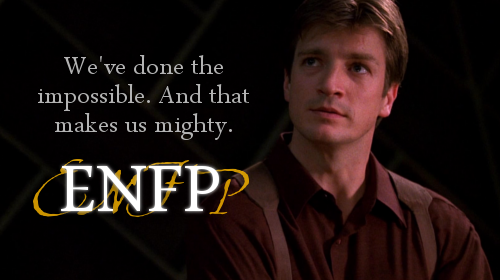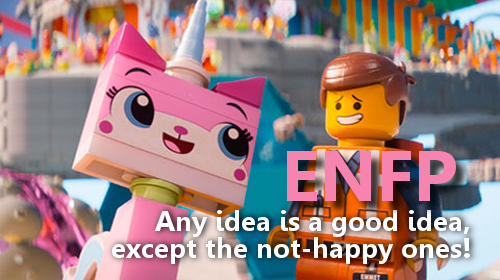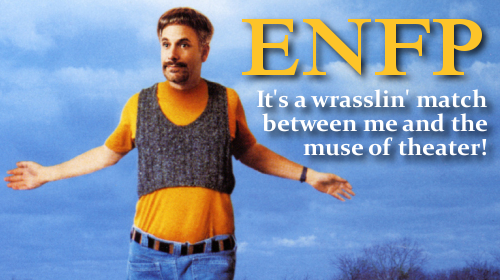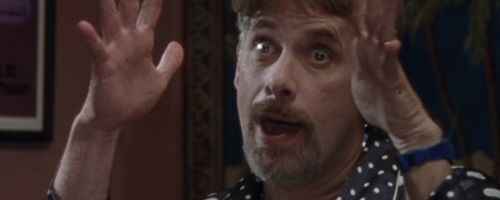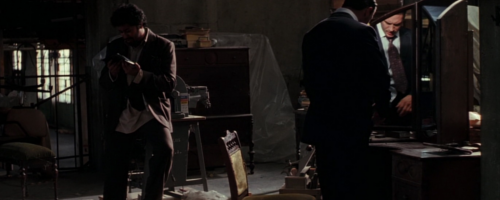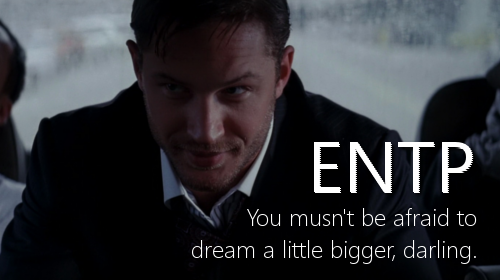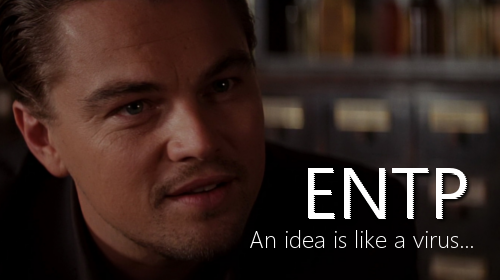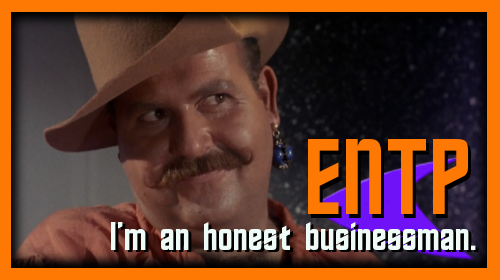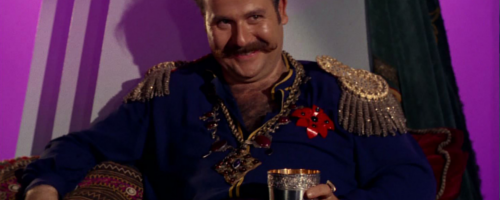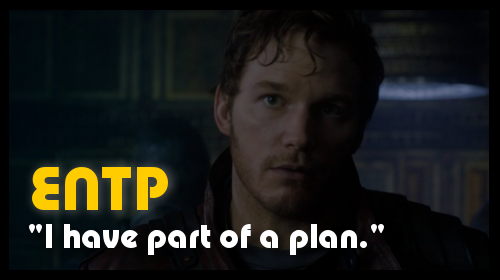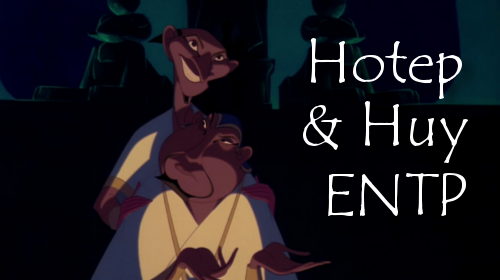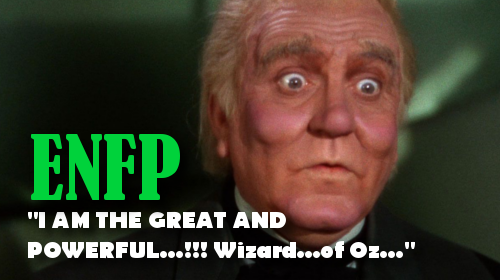The Champion, The Energizer, The Discoverer
Oh, boy.
I’m gonna catch a lot of gou shi for this one.
Captain Malcolm Reynolds is a mercurial character, much like the writer who created him. Pinning down his exact personality type is extraordinarily tough. I usually find him typed as an NT, because people see him as a problem-solving scoundrel out for his own profit who occasionally struggles with his conscience.
Mostly, Mal pops up as an ENTP all over the place. Like here, here, and here. I think a lot of my fellow geeks love that one of our favorite heroes could be an ENTP spaceship captain.
I’m going to disagree with them.
Mal presents himself—and his creator Joss Whedon presents him—as an antihero. A Han Solo type. A bizarro Captain Kirk. He’s the one who rebels against the Federation and their utopian ideals and sets off on his own to be a space pirate. With a heart of gold, of course.
He’s really a good guy. Well, maybe he’s just all right.
But just because you rebel against the ideals of utopia doesn’t mean you don’t have ideals yourself. Mal lives like a rogue, but that’s not how he started. As Mal once says in jest, “You can’t open the book of my life and jump in the middle. Like woman, I am a mystery.”
Dominant Function, (Ne) Extraverted Intuition: “Conceptualize from the Experience”
Mal hungers for open skies and boundless possibilities. In our earliest glimpses of him (in flashbacks from “The Message”) he’s carefree and careless, despite fighting a war. He takes up the cause of the Independents because it jives with his Ne need for freedom (and also his Fi ideals). He’s adaptable and resourceful, at times playful, and thrives on the possibilities found outside the borders of the Alliance.
His loss at the Battle of Serenity hardens him, pushing Mal down into his more practical Te, but he’s still out there looking for the next shiny adventure.
The moment he lays eyes on the Serenity, Mal starts dreaming. His second-in-command is skeptical, but Mal encourages Zoë to see what the ship could be, not what she is. At the end of the original pilot episode, after all the trouble they’ve been through, Mal’s just happy to be, “Still flying.”
Mal tries to be gruff and grim, but there are times when he comes off as downright poetic. He’s clearly an inspiring leader to the soldiers under his command, and he’s virtually a fountain of creative metaphors and witticisms. And yes, he’s read a poem, don’t faint. Continue reading
